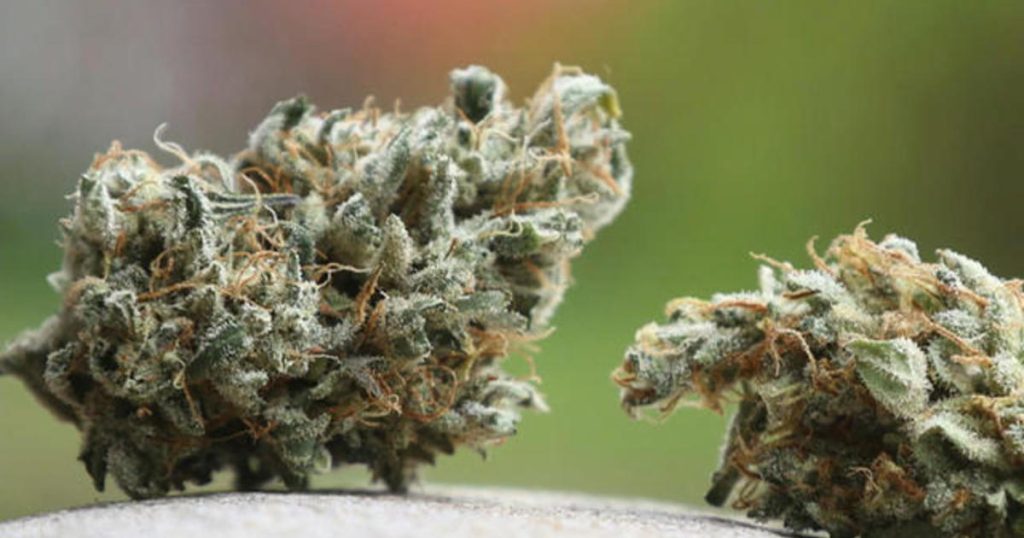The Department of Justice (DOJ) is planning to reclassify marijuana as a less dangerous drug in a historic shift. The Drug Enforcement Administration (DEA) is recommending that marijuana be moved from a Schedule I drug to a Schedule III drug. This move would not legalize marijuana for recreational use but would acknowledge that it has medical benefits. This reclassification is a significant shift in the federal government’s stance on marijuana and could have implications for how it is regulated and used in the future.
Currently, marijuana is classified as a Schedule I drug, meaning that it is considered to have a high potential for abuse and no accepted medical use. By moving marijuana to Schedule III, the DEA is recognizing that it has some medical benefits and is less dangerous than other drugs in the same category. This change in classification could open up opportunities for further research into the medical benefits of marijuana and could potentially lead to the development of new treatments and therapies using cannabis-based products.
The reclassification of marijuana is a step towards aligning federal drug policy with the growing body of research that shows the potential benefits of cannabis for medical purposes. Many states have already legalized marijuana for medical or recreational use, and this move by the DOJ could signal a shift towards more lenient federal regulations on cannabis. However, it is important to note that the reclassification does not mean that marijuana will be legalized for recreational use at the federal level, as that decision would still require legislative action.
The reclassification of marijuana could have far-reaching consequences for the cannabis industry, as it would likely lead to increased access to cannabis-based products for medical purposes. It could also open up opportunities for pharmaceutical companies to develop new treatments using marijuana-derived compounds. Additionally, the reclassification could lead to changes in how marijuana is regulated at the federal level, potentially making it easier for researchers to study the medical benefits of cannabis and for patients to access medical marijuana in states where it is legal.
Overall, the reclassification of marijuana as a Schedule III drug represents a significant shift in federal drug policy and could have implications for how marijuana is used and regulated in the future. While it does not mean that marijuana will be legalized for recreational use at the federal level, it does acknowledge the medical benefits of cannabis and could lead to increased research and development in the field of medical marijuana. This move is a positive step towards recognizing the potential benefits of marijuana and could pave the way for more lenient federal regulations on cannabis in the future.
In conclusion, the reclassification of marijuana as a less dangerous drug by the DEA represents a historic shift in federal drug policy and could have significant implications for the cannabis industry and the medical marijuana market. This move could lead to increased research into the medical benefits of cannabis and could open up opportunities for new treatments and therapies using marijuana-derived compounds. While it does not legalize marijuana for recreational use at the federal level, this reclassification acknowledges the potential benefits of cannabis and could pave the way for more lenient federal regulations on marijuana in the future.


